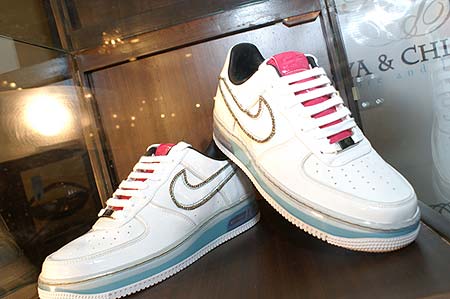No scientific evidence to support running shoes’ safety
 Melbourne, Mar 12 : Athletes buying pricey sneakers might just be wasting their money, for researchers have found no scientific evidence supporting the safety of these running shoes.
Melbourne, Mar 12 : Athletes buying pricey sneakers might just be wasting their money, for researchers have found no scientific evidence supporting the safety of these running shoes.
Scientists at the University of Newcastle revealed that they didn't find any evidence supporting claims that sophisticated cushioning or heel supports prevent injury.
"Since the 1980s, distance running shoes with thick, heavily cushioned heels and features to control how much the heel rolls in, have been consistently recommended to runners who want to avoid injury," the Daily Telegraph quoted Dr Craig Richards as saying.
"We did not identify a single study that has attempted to measure the effect of this shoe type on either injury rates or performance.
"This means there is no scientific evidence (the) shoes provide any benefit to distance runners," he added.
Dr Richards said Dutch researchers had previously found between 37 and 56 per cent of recreational runners become injured at least once each year.
While the runners were advised to wear what was called a PCECH shoe - a sneaker with pronation control to prevent the ankle from rolling in and an elevated cushioned heel, they might not be effective enough to protect against injuries.
"Not only can we no longer recommend a PCECH shoe, but the lack of research in this area means that we cannot currently make any evidence-based shoe recommendations to runners," said Richards
"To resolve this uncertainty, running shoes need to be tested like any other medical treatment, in carefully controlled clinical trials," he added.
The study appears in British Journal of Sports Medicine. (ANI)